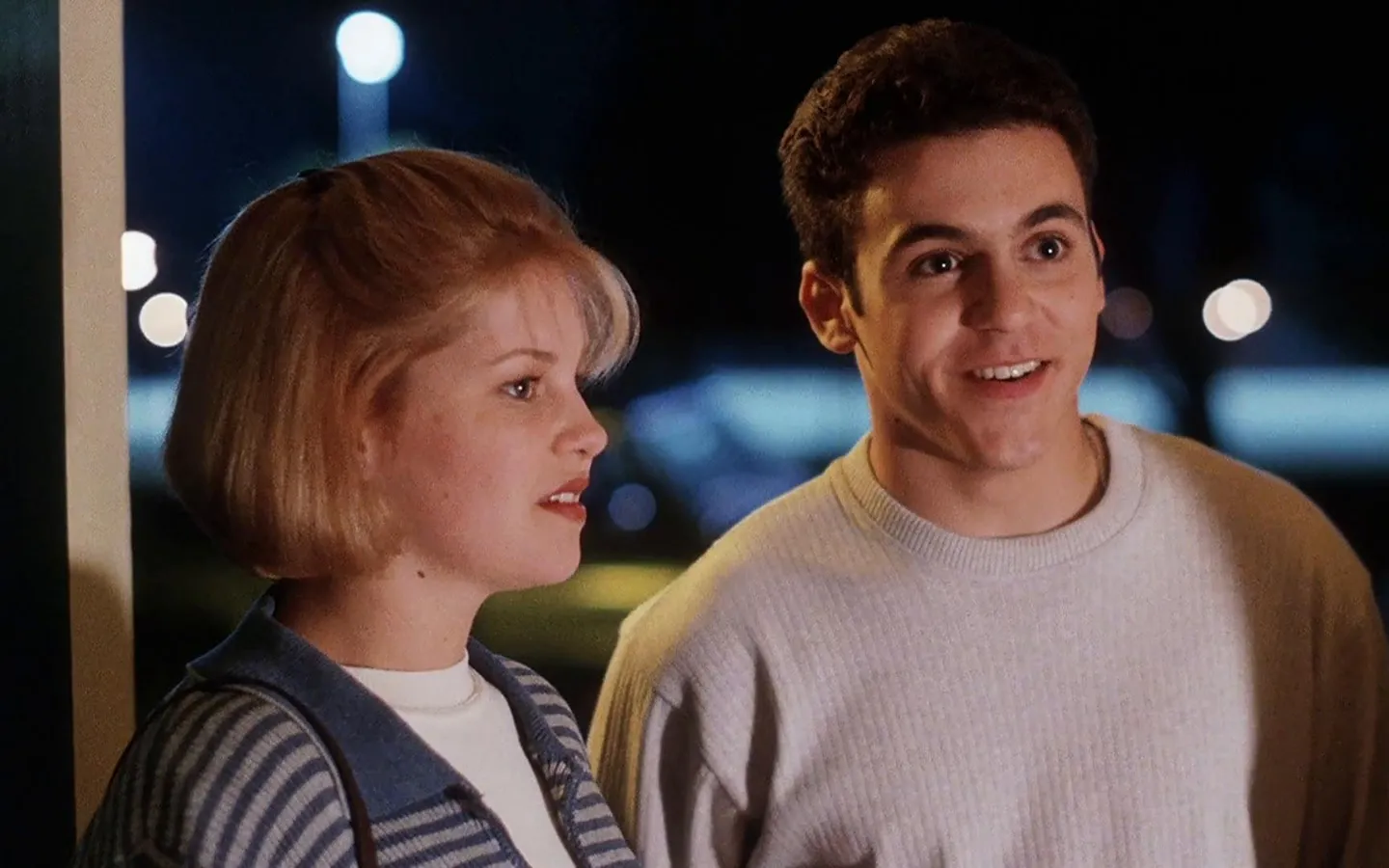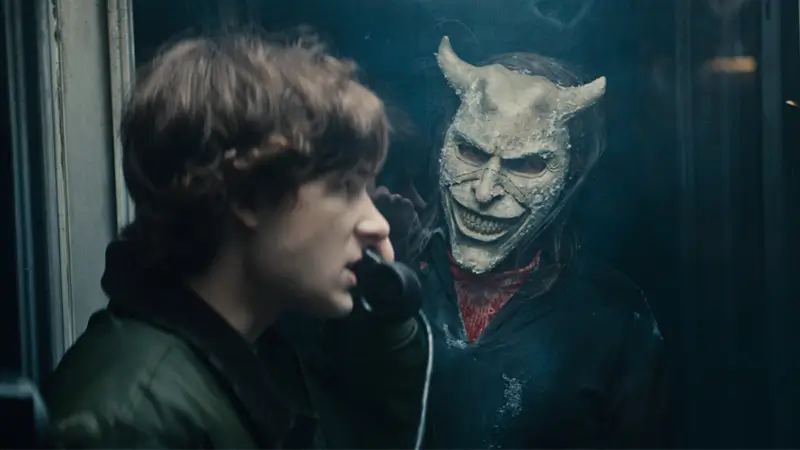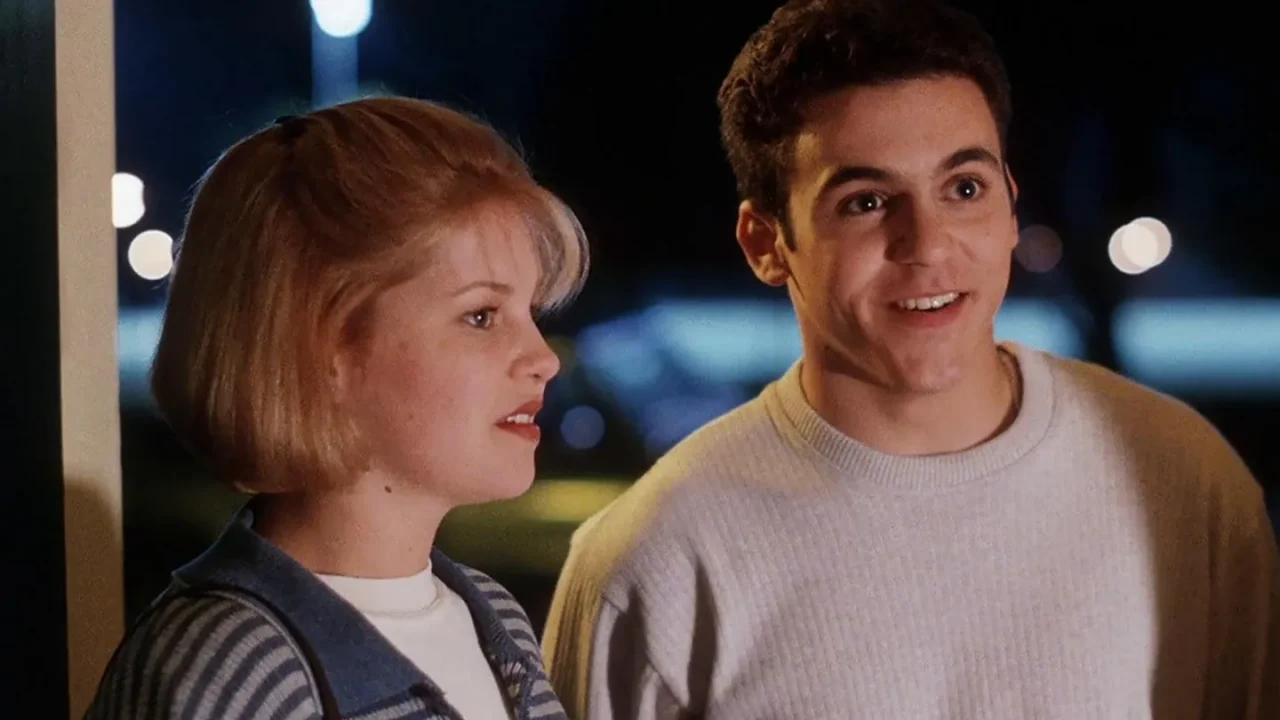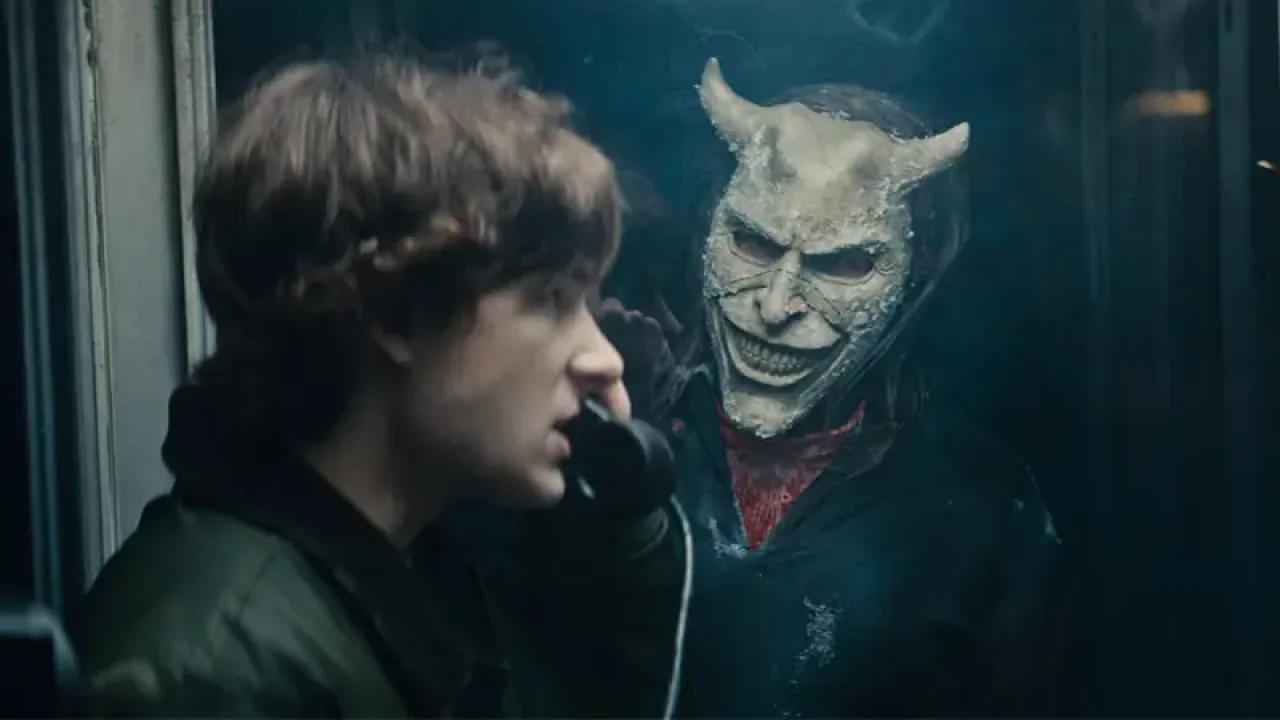There are countless cases where the “how” matters much more than the “what” being told. This could certainly be said of Little Trouble Girls (Slovenia, Italy, Croatia, and Serbia, 2025), the debut feature from filmmaker Urška Djukić, which competed at the Berlinale 2025 and is now part of the official selection at the Festival do Rio.
What Djukić presents here would be, in less capable hands, a stereotypical coming-of-age drama about discovering sexuality in a repressive environment. However, the direction manages to give it unique power and poetry, with a subtly dark dramatic weight.
What’s It About?
Lucija (Jara Sofija Ostan) is an introverted 16-year-old teenager who studies at a Catholic school. When she joins the girls’ choir, she meets Ana-Maria (Mina Švajger), a more confident, experienced, popular, and flirtatious junior. They become friends and Lucija joins their friend group.
When the choir travels to a convent in the countryside for intensive rehearsals, Lucija’s attraction to a construction worker tests her friendship with Ana-Maria and the other girls, as well as their beliefs and the group’s harmony.

Little Trouble Girls explores sexual awakening between music and faith
On its own, this synopsis outline would suggest just another coming-of-age drama, whether LGBTQIA+-themed or not: the self-affirmation of identity and discovery of the body always come with friction, conflict, surprises, misunderstandings, and discomfort of some kind.
In Little Trouble Girls it’s no different, starting with the ambiguity in the relationship between Lucija and Ana-Maria—an apparent friendship charged with sexual tension that, with the introduction of heterosexual desire, also becomes an (apparent) rivalry. There’s constant fluctuation—and confusion.
This is complicated by the environment Lucija comes from and moves in: at home, life is gray, with a mother (Nataša Burger) who shows not an ounce of openness for the girl to express her sexuality, losing her mind upon seeing her with red-painted lips. At school and the convent, as we’ll see, things aren’t very different.
Djukic converts this inner tension into visuals discharged through faces and bodies. This is a film carried by its protagonists’ faces that, isolated in the frame, produce furtive glances toward lips, hands, and skin of their objects of desire.
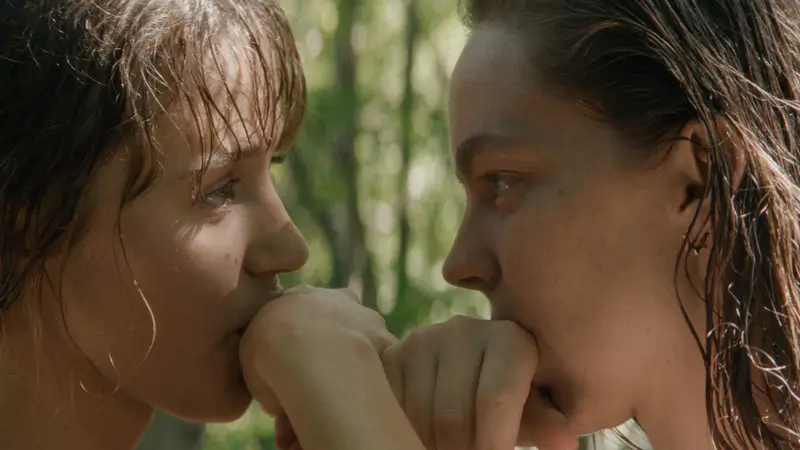
Similar to another film selected at the Berlinale, Young Hearts (Belgium and Netherlands, 2024), the plot isn’t complex, but builds on the contained desire between characters, in a narrative completely driven by faces.
The tension between liberation and repression finds its most effective allegory in the music itself, a paradox that also lives in the divine aspirations of a church choir and the film’s international title (which comes from the song “Little Trouble Girl” by Sonic Youth).
Could it be that divine devotion is only possible through discipline and submission in their cruelest forms, to sublimate them into divine melodies or the absolute surrender of celibacy? Or instead, is true divinity found in the body and music in their freest and most secular forms?




